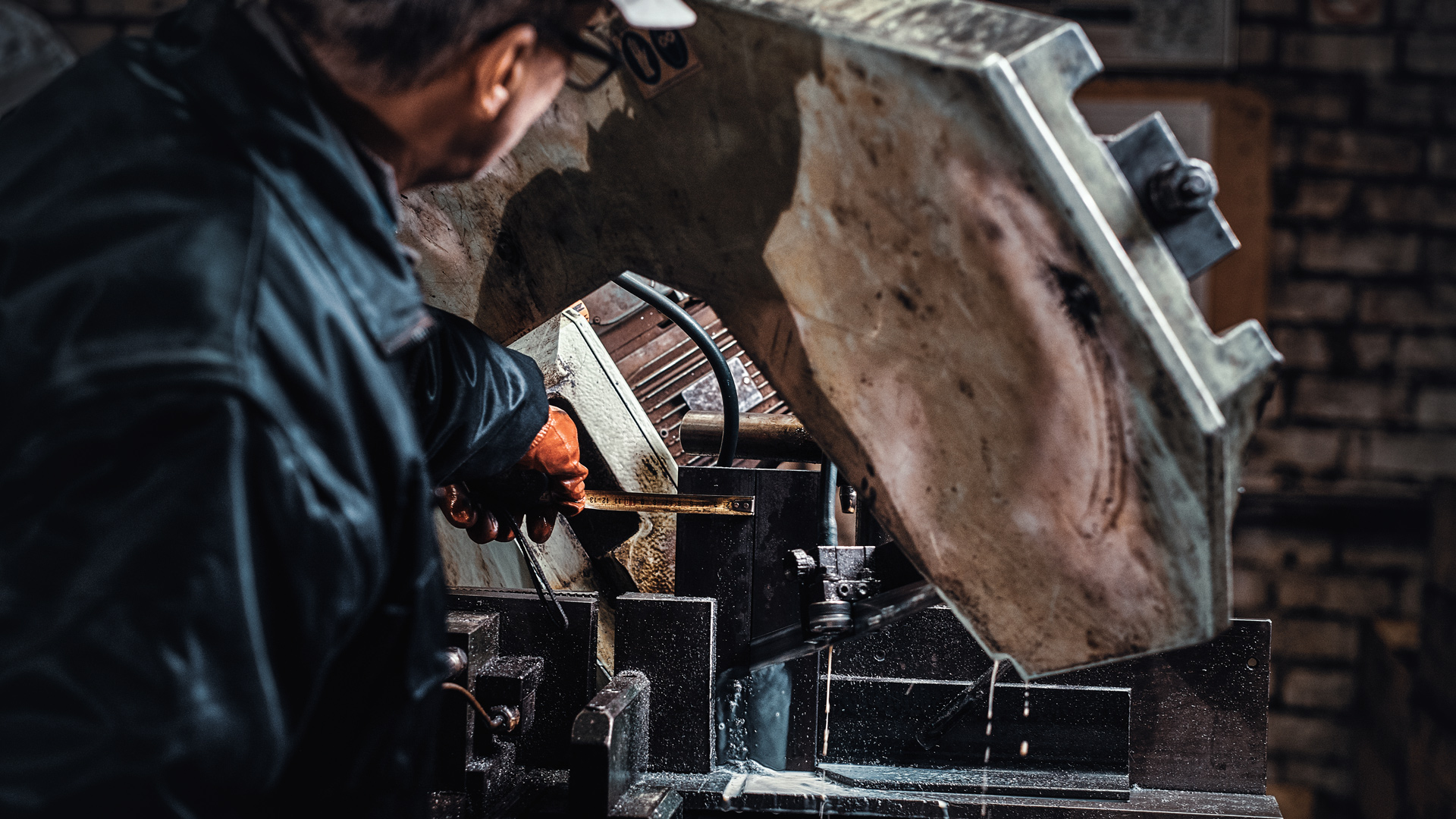
DELMIAWorks is a platform that has become a household name amongst plastics manufacturers and processors, but how does the Enterprise Resource Planning (ERP) Software and Manufacturing Execution System (MES) fare when it comes to metal casting?
Surprisingly similar manufacturing processes
The process for performing and managing metal casting inside DELMIAWorks is surprisingly similar to that of the injection moulding process.
This means that metal casting businesses are well catered for when it comes to the range of features at their disposal within the software.
Today we’re going to dive into what DELMIAWorks can do to help streamline and accelerate production for metal casting manufacturers.
Manage the Bill of Materials (BOMs)
When producing metal casts, it’s very common for manufacturers to melt down multiple different types of metals together to form a compound metal.
DELMIAWorks has the ability to manage these types of compounds within, what it calls, a ‘Compound BOM’, where the software records exactly what blend of the different metals are required to form the compound metal.
With DELMIAWorks allowing you to break down the very details of quantities for components within a single compound, it gives you the power to manage your inventory incredibly accurately as well as understand exactly how much material is being consumed on any individual cycle within the production run.
Production Scheduling & Planning
The Scheduling and Planning functionality is just another one of the great reasons for Metal Casting Manufacturers to look towards DELMIAWorks to support their manufacturing operation.
Each of the modules within DELMIAWorks are connected via a unified database.
DELMIAWorks’ scheduling & planning module can access information from the BOM such as:
- How long it takes to melt down the metals?
- How long it takes to pour the molten metal into the cast?
- How long it takes for the metal to cool and set in order to produce accurate time estimates for each job.
DELMIAWorks will also account for any planned maintenance during the production scheduling process, to allow you to work around any potential downtime in your production line.
Being able to see detailed information about how long it takes to complete a specific production run allows your planners to provide customers with incredibly accurate completion of scheduled jobs, enabling manufacturers to consistently deliver the right products, to the right customer, in the right quantity at the right time.
If for any reason, that schedule could be impacted (by a shortage of raw materials or any part of the process drifting from schedule), real-time production monitoring alerts provide proactive warnings so you can manage exceptions appropriately.

Calculate and report wastage and rejects
When metal casting, parts and components will normally go through a secondary process once the metal has finished cooling in order to split off the material from the pour that is not required.
The material that is split off will then become classed as wastage and this will be recorded and totalled inside of DELMIAWorks, providing visibility of the amount of wastage being produced across a single cycle, a run, or even any set period of time.
Over-time you may notice trends or patterns emerging with regards to the wastage or number of rejects being produced in your manufacturing operation, and the access to real-time data inside DELMIAWorks gives you the ability to analyse and review any opportunities for long-term improvements for your business.
Family Tooling
Producing multiple parts from a single process?
DELMIAWorks delivers unrivalled functionality amongst ERP vendors for managing family tooling.
As we’ve discussed in other posts about family tooling. You can read about the full benefits of family tooling in DELMIAWorks in our previous post here.
Other manufacturing ERP systems can generally visualise and manage a single production process, which results in SINGLE part, product or component.
With the family tooling in DELMIAWorks in contrast, you can visualise, schedule, manage and, crucially, monitor multiple parts made from a single cycle in that manufacturing process.
You would generally use family tooling when creating two almost identical components that will require the same type, and quantity, of material to produce it.
An example for this might be something like a toy car, if you have a left and a right side to the car, the metal cast used for the right side would be like a mirrored version with an almost identical size and material requirement.
You could therefore create both components in the same cast using family tooling, as opposed to having to perform a run to fill all of the right hand side casts, followed by a new run to fill all of the left hand side casts.
This essentially halves the production time required to create the metal components for the toy car, increasing the efficiency of the production process and freeing up capacity in the rest of your manufacturing operation.
One of the great things about DELMIAWorks is the customisable nature of the software to help it meet the unique requirements of your business.
You can start off with a selected range of core modules that are required by your business, and as you grow and expand, you can add extra features and modules to your system to help support your business in different ways, giving you the scalability to grow, and the tools to support you when you do.
If you think DELMIAWorks sounds like a solution that could help revolutionise your metal stamping and casting manufacturing operation, then we’ve plenty more information on the Manufacturing ERP and MES software for you.
Learn more about DELMIAWorks for the Metal & Stamping Industry
DELMIAWorks offers powerful manufacturing ERP software tailored to meet the unique challenges of the stamping industry. Whether you are machining short run parts or stamping out 1000 parts per minute you need a system that keeps you lean and agile.
From punching and stamping to casting, brazing, shearing and spinning (including support for your die and tool maintenance), DELMIAWorks ERP and manufacturing software is specially designed with your production needs in mind, to help you handle every step in the fabrication process.
Learn More >>
Posted by Rob on 8th November 2021.

